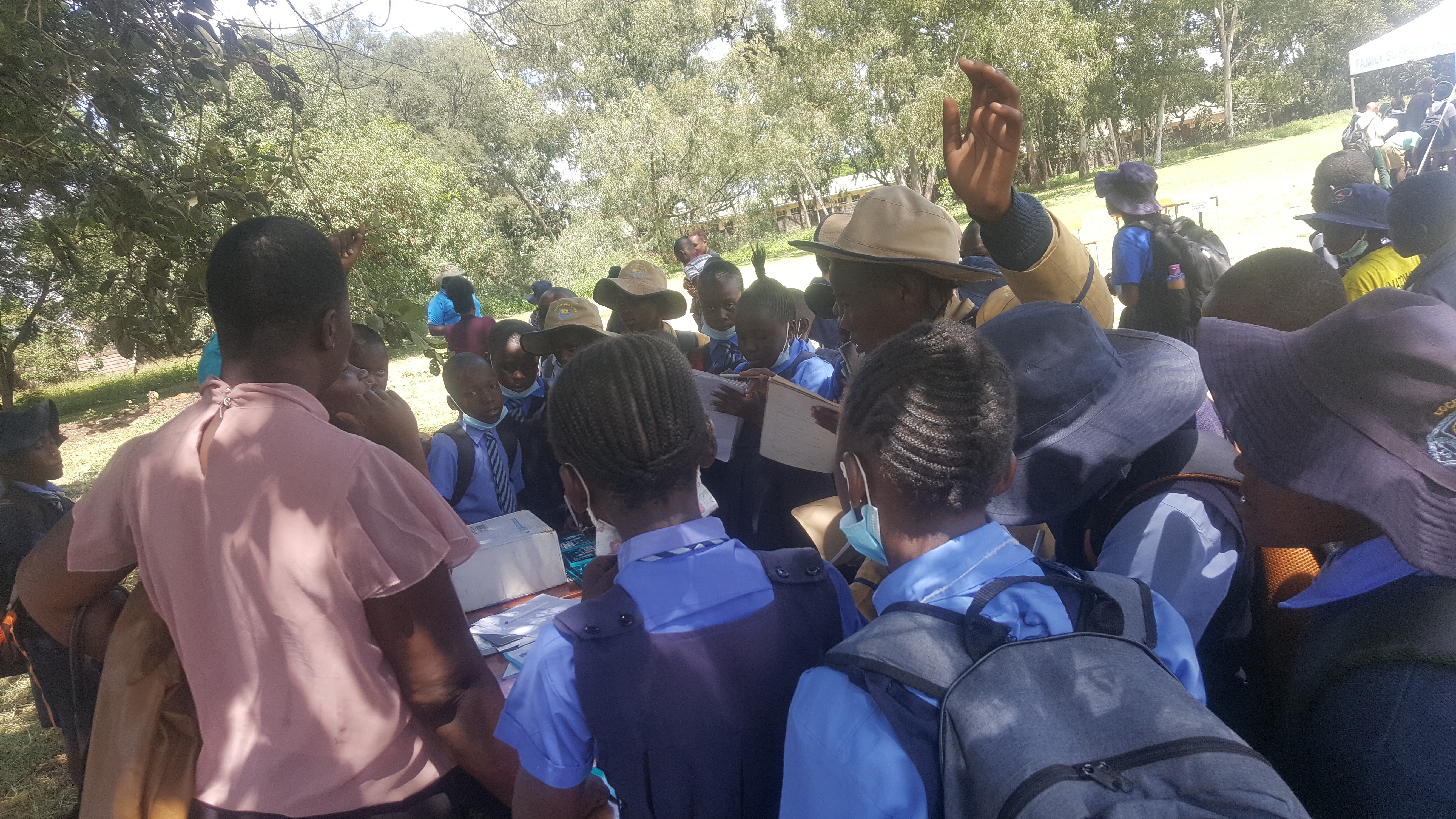· documentation · 3 min read
Why Literature, World Politics, and Blogs are Essential Reads
The importance of reading and staying up to date with politics.

Introduction
In an age dominated by digital distractions and rapid information consumption, the value of reading seems to be dwindling. However, amidst the noise, certain genres and subjects hold enduring significance. Among these are literature, world politics, and blogs. In this article, we delve into the reasons why engaging with these three domains is not only beneficial but crucial in today’s world.
The Power of Literature: Nourishing Minds, Cultivating Empathy
Literature is more than just words on a page; it’s a window into the human experience. Through novels, poems, and plays, we explore the depths of human emotion, understand different perspectives, and empathize with characters from diverse backgrounds. Reading literature stimulates our imagination, enhances our language skills, and fosters critical thinking.
In a world increasingly divided by ideologies and identities, literature serves as a bridge, connecting individuals across cultures and generations. It teaches us about history, society, and ourselves, prompting introspection and fostering empathy. As we navigate complex social issues, the insights gleaned from literature provide invaluable guidance, encouraging us to confront uncomfortable truths and envision a more just society.
Navigating the Global Landscape: Understanding World Politics
In an era characterized by interconnectedness, understanding global politics is no longer a luxury but a necessity. From geopolitical tensions to environmental challenges, the decisions made by world leaders have far-reaching consequences that impact us all. By staying informed about international affairs, we empower ourselves to participate meaningfully in civic discourse and advocate for positive change.
Following world politics allows us to grasp the complexities of global issues, from economic inequality to climate change. It enables us to discern between fact and misinformation, cultivating a more discerning worldview. Moreover, understanding the motivations and perspectives of different nations fosters diplomatic dialogue and promotes peaceful coexistence in an increasingly interdependent world.
The Rise of the Blogosphere: Navigating the Digital Landscape
In the digital age, blogs have emerged as a potent medium for disseminating information, sharing ideas, and fostering community engagement. From personal diaries to specialized niches, blogs offer diverse perspectives on virtually every topic imaginable. Unlike traditional media outlets, blogs provide a platform for grassroots voices to be heard, challenging mainstream narratives and amplifying marginalized viewpoints.
Reading blogs enriches our understanding of contemporary issues, offering fresh insights and alternative viewpoints often overlooked by mainstream media. Whether exploring niche interests or seeking practical advice, blogs cater to a wide range of preferences and interests, empowering readers to curate their own information diet. However, critical evaluation is essential, as the proliferation of blogs also raises concerns about misinformation and echo chambers.
Conclusion: Embracing the Three Pillars of Knowledge
In a rapidly changing world, the importance of reading literature, following world politics, and engaging with blogs cannot be overstated. These three pillars of knowledge offer unique perspectives, insights, and opportunities for personal growth. By immersing ourselves in liter
ature, we cultivate empathy and critical thinking skills. By staying informed about world politics, we become active global citizens capable of effecting positive change. And by exploring the diverse landscape of blogs, we expand our horizons and enrich our understanding of the world. In embracing these imperatives, we empower ourselves to navigate the complexities of the modern age with wisdom and resilience.


